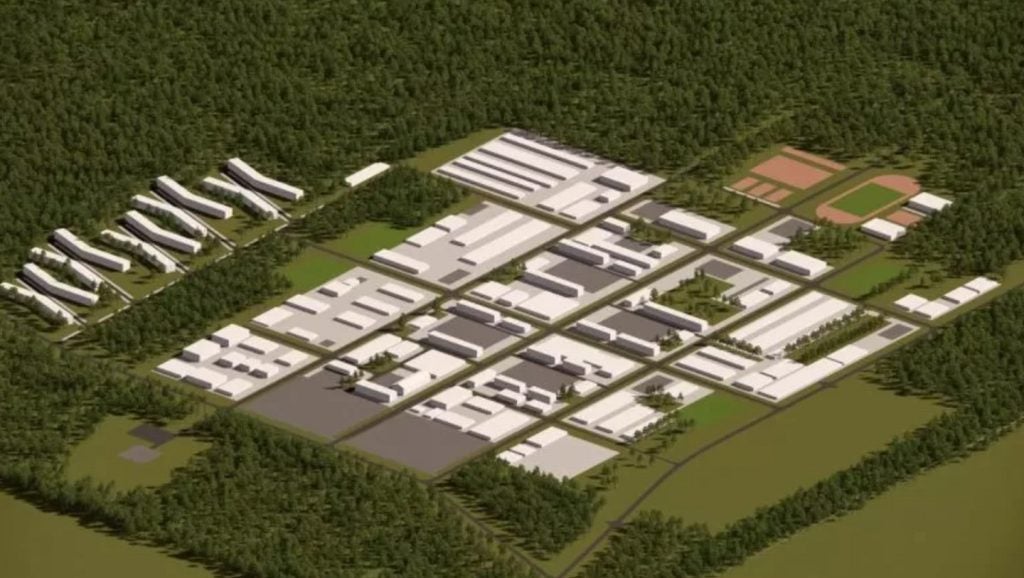Lithuania military officials will gather today (19 August 2024) to mark the foundations of the soon-to-be “largest piece of military infrastructure in the history” of the country – the site will provide a permanent base for a future German brigade.
The site is situated at the Rūdninkai Training Area, in the south-west of the Baltic State. The moment will be commemorated with a capsule burying ceremony to initiate the first phase of construction.
Stretching 170 hectares, the forthcoming military campus will cost the government €125m ($137.9m) according to a contract signed in early August. A Vilnius-based construction company, Eikos Statyba UAB, will develop the site ahead of the initial operating capability of the German brigade scheduled to arrive in 2025.
Lithuania has undertaken numerous major construction projects across its territory to support allied contingents based in the country, bilaterally or under the auspices of Nato’s Forward Presence across its Eastern flank.
Besides German forces – the largest foreign force on Lithuanian territory, with 4,800 personnel – the Baltic nation has also agreed to establish a permanent base to accomodate US rotational units based at Pabradė, located in the south-east.
Lithuania's German Brigade
In December 2023, the German Ministry of Defence signed an agreement to station a permanent brigade in Lithuania, arriving in 2025 and reaching full operating capability by 2027.
It will comprise three major combat units: the Bavarian 122 Armoured Infantry Battalion, the North Rhine Westphalia-based 203 Tank Battalion and the multinational Enhanced Forward Presence Battle Group Lithuania.
Nearly two months ago, the German MoD purchased 105 units of the latest Leopard 2A8 main battle tanks to be deployed as part of the new brigade, demonstrating a thorough commitment to supporting the Nato alliance on its Eastern flank with Russia.
It is expected that the new battle tanks will join troops in the brigade between 2027 and 2030.
Enhanced Forward Presence
Until the brigade is operational, the eFP battle group will continue to hold its position in the Batlic State. This contingent has been well-supported by the authorities.
Under Project Upper Neris Terrace, Lithuania has provided capacity to host 3,000 troops: 1,000 from the Lithuanian Iron Wolf Brigade – comprising artillery and logistical support battalions – as well as 2,000 German personnel from eFP.
The starting design for this site is worth approximately €6m ($6.42m) and it will be implemented by the Turkish company, Denzay. Lithuania will halve the cost with Germany.









